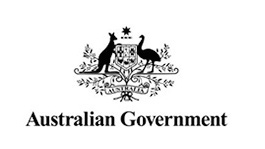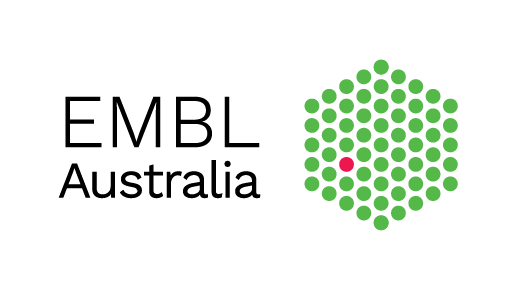Australia’s First Deformability Cytometer

A novel tool to dissect cancer development and diagnosis
Cancer researchers in Sydney will soon have access to a deformability cytometer to accelerate their research. This instrument—the first of its kind in Australia—will allow unprecedented insight into how the mechanical properties of cancer cells affect the onset and progression of cancers, and how they respond to treatment.
The physical properties and deformability of cells has been associated with cancer initiation and metastatic potential. With the deformability cytometry, researchers can measure the stiffness of individual cells to investigate cancer development, improve early detection and design better therapies.
Professor Michelle Haber and her team at the Children’s Cancer Institute at UNSW Sydney propose to use the deformability cytometry to improve cancer diagnosis and monitoring. The researchers will investigate the potential of cellular stiffness as a new biomarker to refine the identification of circulating tumour cells, and compliment the genetic and molecular profiling strategies already established for these cells in their Child Cancer Precision Medicine Program. Changes in the nature and numbers of malignant cells in blood can be used to predict disease progression or remission.
The real-time deformability cytometer from Zellmechanick Dresden—called the AcCellerator—combines microfluidics with imaging to measure cell size and deformability of individual cells much faster than other existing methods, including atomic force microscopy. This novel instrument can analyse up to 1,000 cells per second, and does not require specialised training to operate. With the additional fluorescence module, the cytometer can simultaneously measure protein expression and mechanical properties.
The new deformability cytometer will be housed in the Flow Cytometry Core Facility managed by Chris Brownlee in the Mark Wainwright Analytical Centre at UNSW, where it will be available for general access.
Purchase of the AcCellerator, is funded by a Cancer Institute NSW grant awarded to Scientia Professor Katharina Gaus, who is Head of the EMBL Australia Node in Single Molecule Science at UNSW Medicine and lead investigator on the application.


